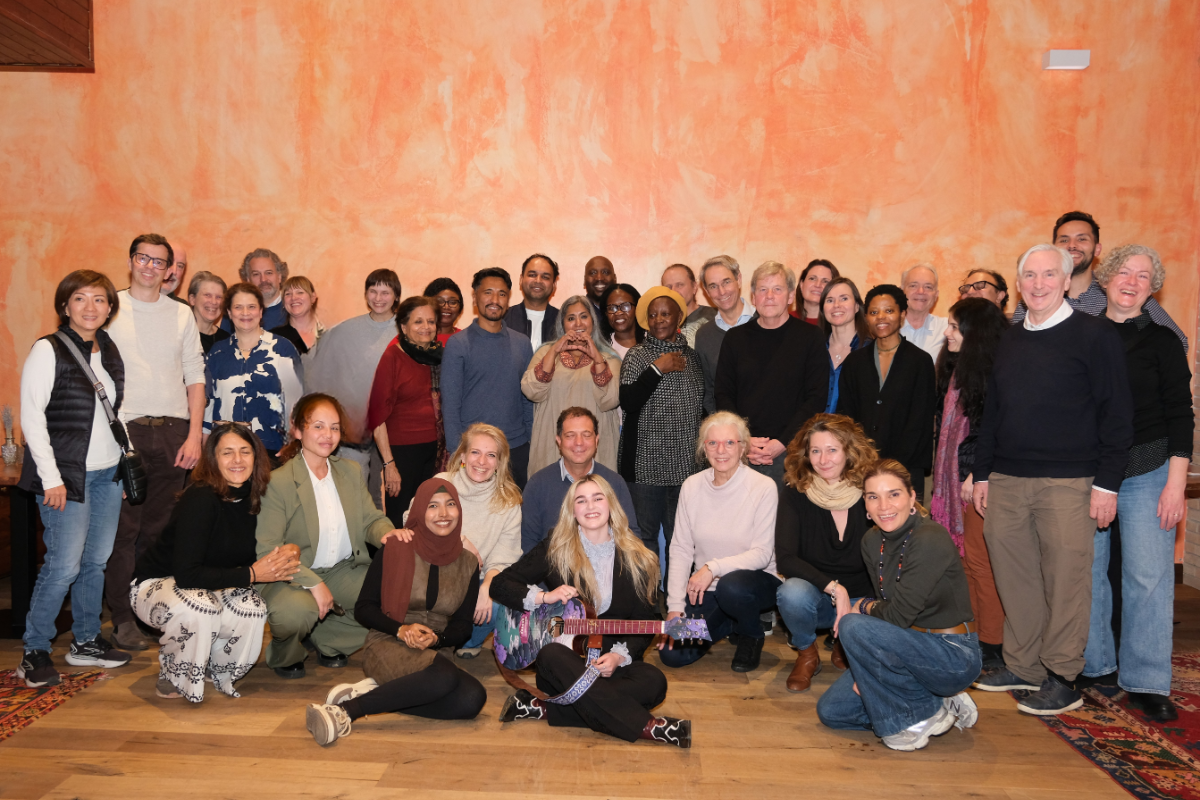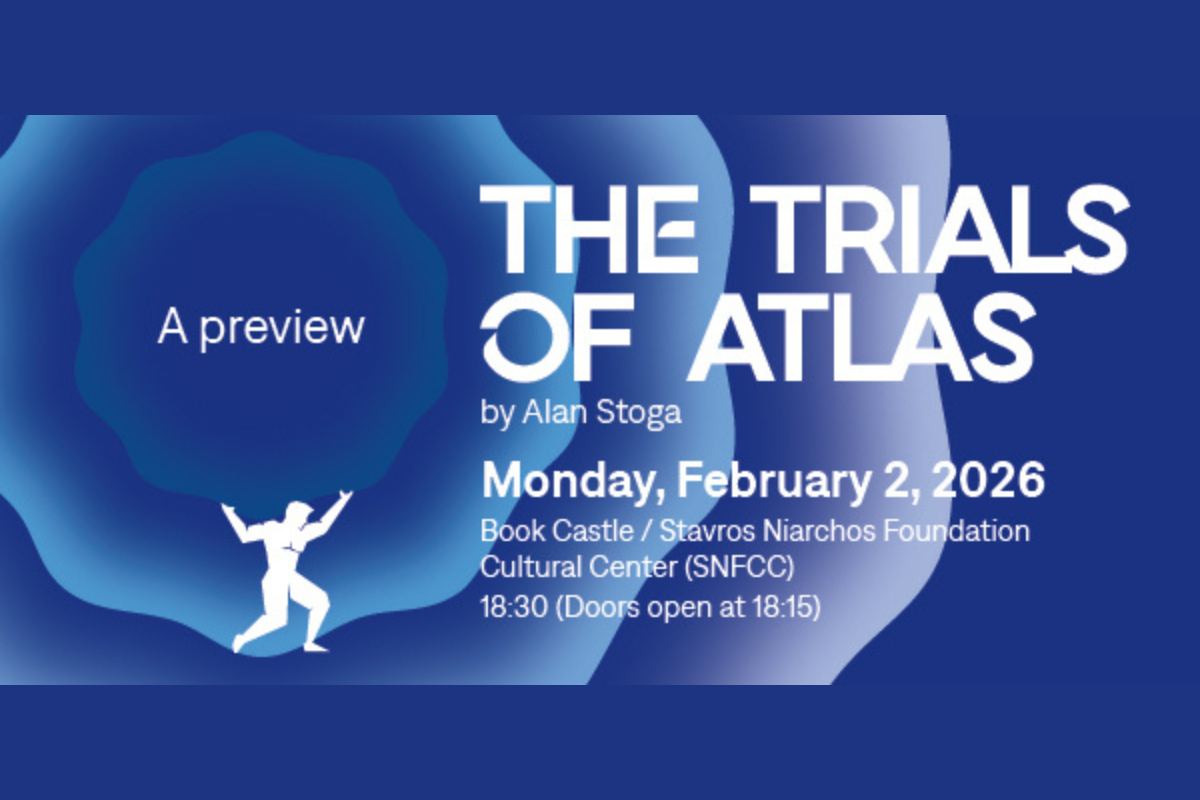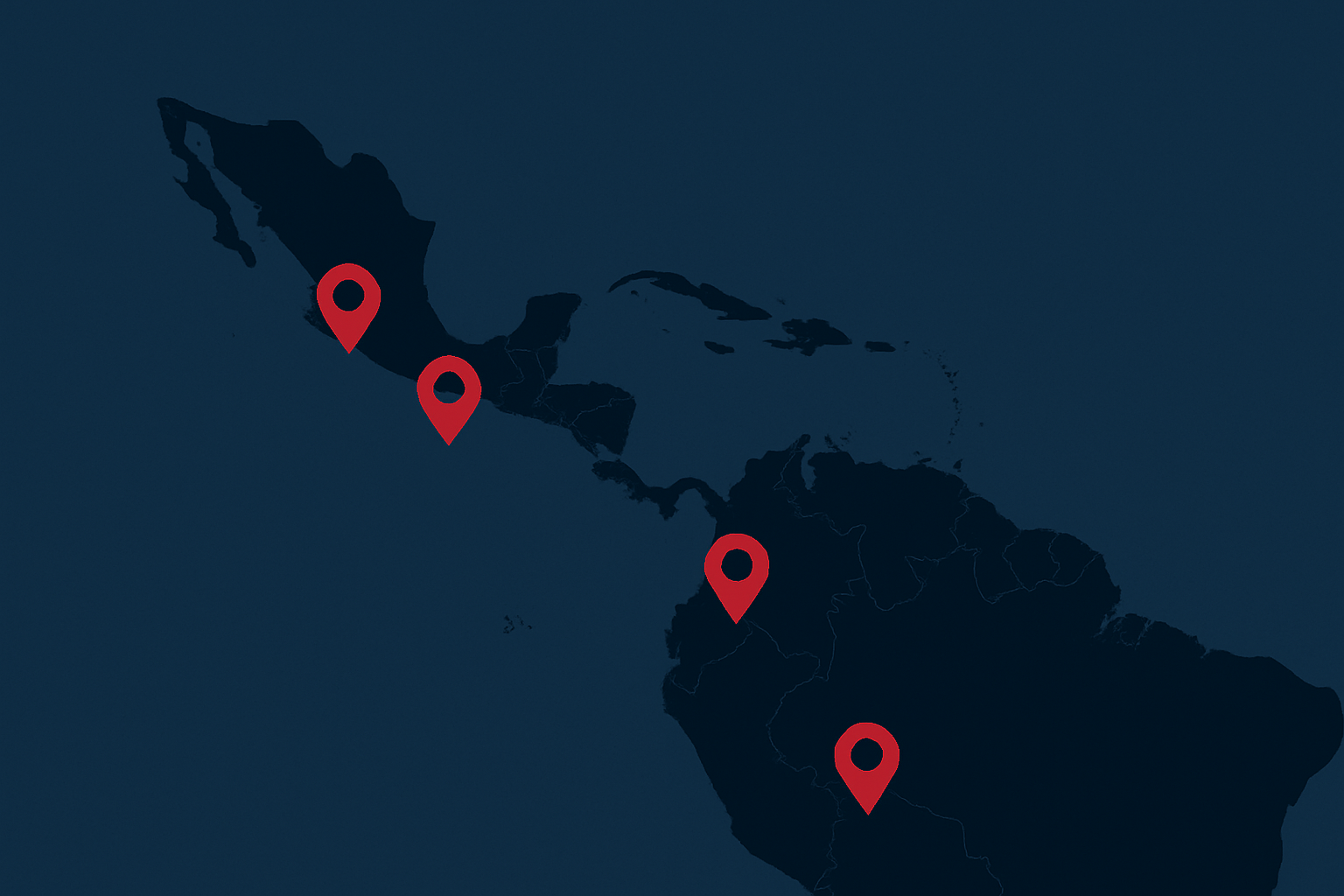TechCamp Scandinavia – Bridging gaps and crossing borders, which will be held in Malmö, Sweden on October 1- 2, 2015.
The evolving dynamics of identity, culture and communication are essential to the development of democratic, open and free societies. The media, traditional and online, have a crucial role to play in these developments. Indeed, the interactive nature of digital media has the potential to transform the practical meaning of democracy, for better or for worse. On one hand, citizens can engage more personally with their leaders and express more directly their views; on the other hand, low barriers to entry – everyone is a journalist online – and the immediacy of digital publishing, threaten to erode traditional standards of media ethics in favor of a kind of “publish NOW or perish” mentality.
These issues are critical ones for all journalists and media organizations. In an effort to foster a deeper understanding of how digital media works, the U.S. Department of State, the U.S. Embassy in Sweden and the Tällberg Foundation organized a two-day TechCamp designed for journalists, opinion makers, digital technologists, social media specialists and bloggers.
TechCamp was a hands-on interactive program featuring tools and best practices from media organizations in the U.S., Sweden, Norway and Denmark who are at the forefront of the new digital landscape. TechCamp is not a traditional conference built around speeches and lectures; rather, it will focus on small group discussions that promote on-the-spot creation of strategies and solutions that address the challenges faced in every day work.
The goal is to interactively teach, share, and develop skills that will lead to better:
- Reporting – How is the story told? Is the narrative engaging? Are the facts correct? Are there multiple sources for information?
- Coverage – Is there a clear distinction between fact and opinion? Is information included from multiple “sides” of a story?
- Reach – Is the story told and presented in ways that are accessible to the audience?
- Engagement – Is the audience encouraged to engage with and even contribute to stories that are relevant to them and their communities? Are tools offered to empower users – thereby fulfilling the power of digital media – rather than just to instruct readers?




